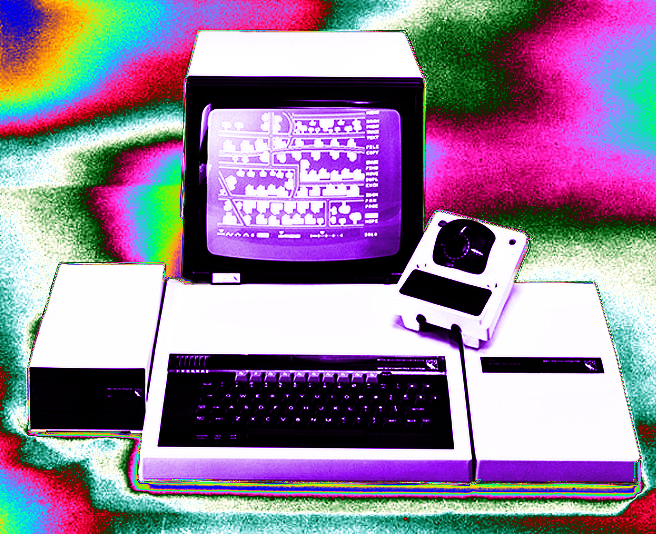Classic computer creativity probed
 Exploring the bounds of Commodore 64 personal computers back in the nineteen-eighties created some of Australia’s most successful game designers, and researchers now want to turn their academic lens to the phenomenon.
Exploring the bounds of Commodore 64 personal computers back in the nineteen-eighties created some of Australia’s most successful game designers, and researchers now want to turn their academic lens to the phenomenon.
Flinders University researcher Associate Professor Melanie Swalwell is compiling a record and history of ‘Creative Micro-Computing in Australia, 1976-1992’, and would like to hear from early users of personal computers for local examples of creative micro-computing.
“I am working my way through a range of archives and travelling to capital cities around the country to investigate some of the more creative applications early home computers were put to,” Associate Professor Swalwell says.
“I’m also interested in hearing from industries such as manufacturing, newsrooms and television, design studies with any documentation, photos, samples and pointers towards interesting special projects I don’t yet know about.
“Even though microcomputers changed a lot by the ‘90s, there are some really exceptional projects and technologies to record and potentially preserve from the nineteen-eighties.”
To identify what technology updates and uses were unique or different in the Australian context, she has visited Stanford University’s Silicon Valley Archive and the Patric Prince collection of computer art at the Victoria and Albert Museum in London.
From around the mid-nineteen-eighties, there were many surprisingly advanced multimedia applications afforded by the early home computers in Australia, Associate Professor Swalwell said.
“It is fascinating to look into the uses that people developed for these old PCs, across the spectrum of digital arts and cultural practices,” she said.
“Now we think we know what computers are good for. But when they first appeared people were still figuring that out, and they did it in some remarkably experimental ways.”
Postdoctoral fellows will help research user practices in the so-called ‘demo-scene’ – associated particularly with the Commodore line of computers – and another important aspect of the research, game publishing.
The following video explains the project in more detail.








 Print
Print